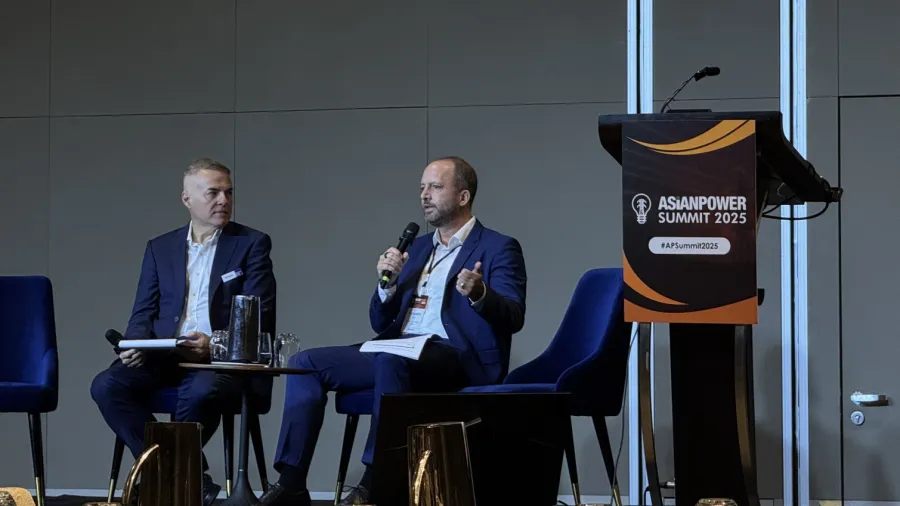
Energy transition stalled by policy gaps, not tech limits, expert says
Asia’s next energy breakthroughs will come from policy alignment, not scientific innovation.
The clean energy race is no longer a question of technological readiness—it’s a matter of execution and policy resolve.
“I don’t think that we need innovations—at least not technology innovations. We have everything we need with solar, wind, battery storage, pumped hydro,” Alexander Lenz, CEO of Aquila Clean Energy APAC, said during the Asian Power Summit 2025 held in Singapore.
His remarks challenge the industry’s narrative that breakthrough technologies are the missing piece to decarbonisation. Instead, he believes the bottleneck lies in government action and consistent regulatory frameworks.
“We need political will to accelerate this,” Lenz said.
He argued that whilst Asian markets have ambitious renewable targets, many still lack the clear, stable policies needed for private sector confidence.
“It’s not necessarily supported yet by the policies, but this will come,” he added, pointing to growing regional awareness of the need for energy diversification and resilience.
Lenz also underlined that current technology can already deliver the scale and reliability required by modern grids—if supported by policy.
“We have everything we need in our hands to get this energy transition done. Again, it’s more about the will,” he said. The tools are there, but without regulatory certainty, projects stall and investment appetite wanes.
On the question of grid reliability, Lenz projected that transitional fuels would still play a role. “To fill the gap of… that we need to create a reliable base result, we need some capacity that can be switched on and off quickly,” he explained. “So it will be first likely gas, it might be then hydrogen in the future.”
For energy businesses, Lenz’s message is clear: stop waiting for the next innovation cycle and start building momentum with the technologies already proven to work. The decisive factor in who leads the next phase of Asia’s energy market will not be who invents new solutions—but who can operate effectively within a changing political and policy landscape.
“I’m excited about what’s happening here in Asia Pacific,” Lenz said. “Because the markets we’re in, there’s at least political, a vision to transition.” For industry leaders, that vision must now translate into action, turning potential into progress.














